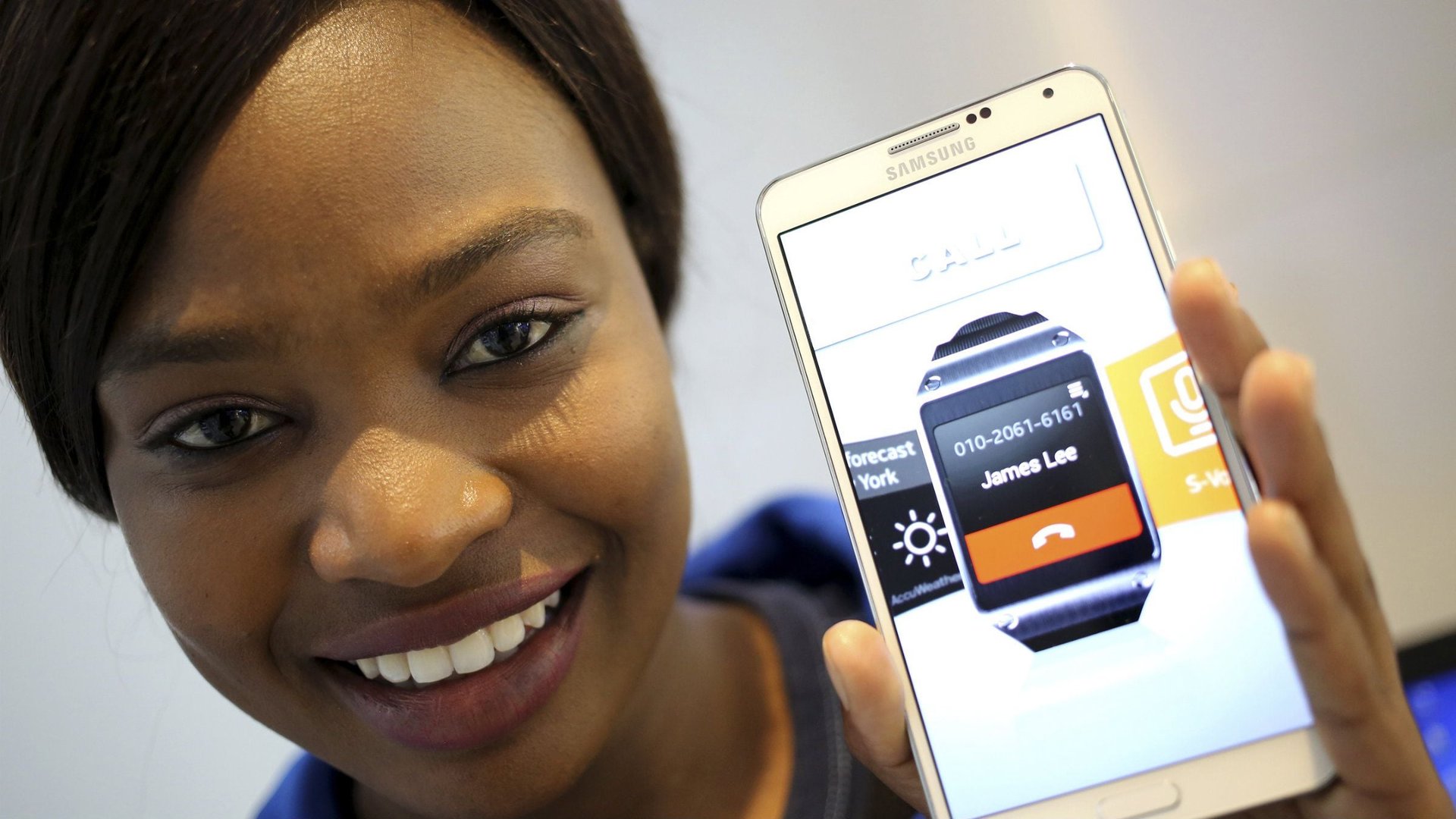Samsung paid commenters to kick HTC while it was down
You wouldn’t think that Samsung would need any illicit assistance in competing against HTC: Samsung is the 800 lb. gorilla of the smartphone industry, controlling nearly a third of the global market, while HTC has suffered a dramatic plunge in its market share and stock price.


You wouldn’t think that Samsung would need any illicit assistance in competing against HTC: Samsung is the 800 lb. gorilla of the smartphone industry, controlling nearly a third of the global market, while HTC has suffered a dramatic plunge in its market share and stock price.
But Samsung executives in Taiwan, HTC’s home country, were still concerned enough that the company’s local marketing agencies hired students in April to write anonymous web comments praising Samsung and disparaging HTC. In response, Taiwan’s Fair Trade Commission slapped a T$10 million ($341,300) fine on Samsung on Thursday, along with a smaller fine for two of its marketing agencies. “This is the first case of its kind in Taiwan that a company has concealed its genuine status while attacking a rival,” commission spokesman Sun Lih-chyun told AFP. Samsung has also been accused of offering payments to Android developers in exchange for positive mentions of the company’s initiatives.
The practice of “astroturfing” (so known because it is designed to mimic a grassroots campaign) is certainly not unknown in the worlds of politics and business. New York’s state attorney general recently laid out fines of $350,000 against firms that were paid to write fake online reviews for sites like Yelp. What’s less clear is why Samsung felt the need to get in a few extra licks against an erstwhile smartphone rival that is struggling to stay afloat—and on HTC’s home turf, no less.
HTC hasn’t needed any help in engineering its own decline, though its problems haven’t had much to do with consumer sentiment. Reviewers and customers alike mostly raved about the flagship HTC One’s sleek metal design and high-end specs—the company’s problems with the One’s launch had more to do with logistical snafus that resulted in delays in deliveries, which blunted the launch’s impact.